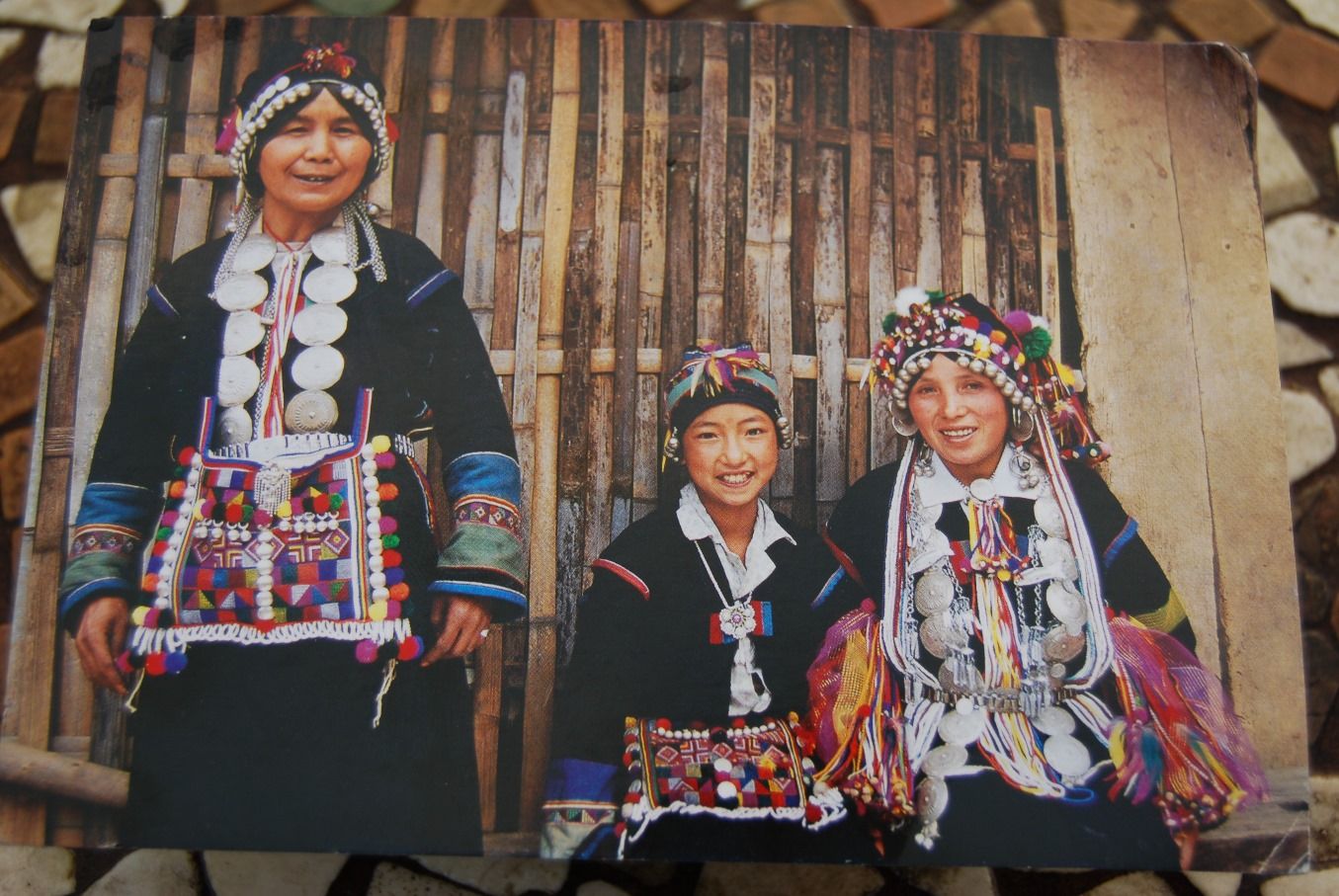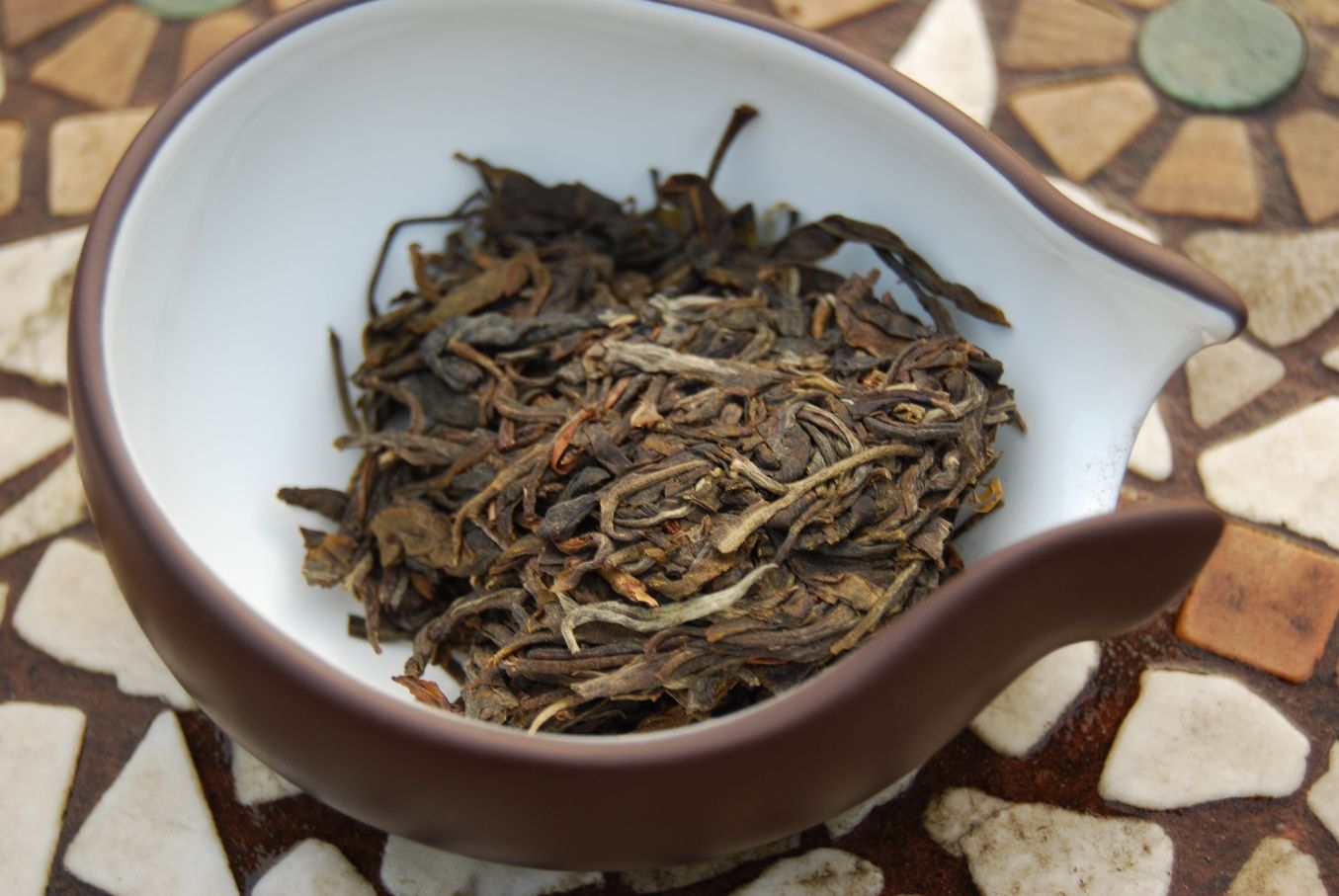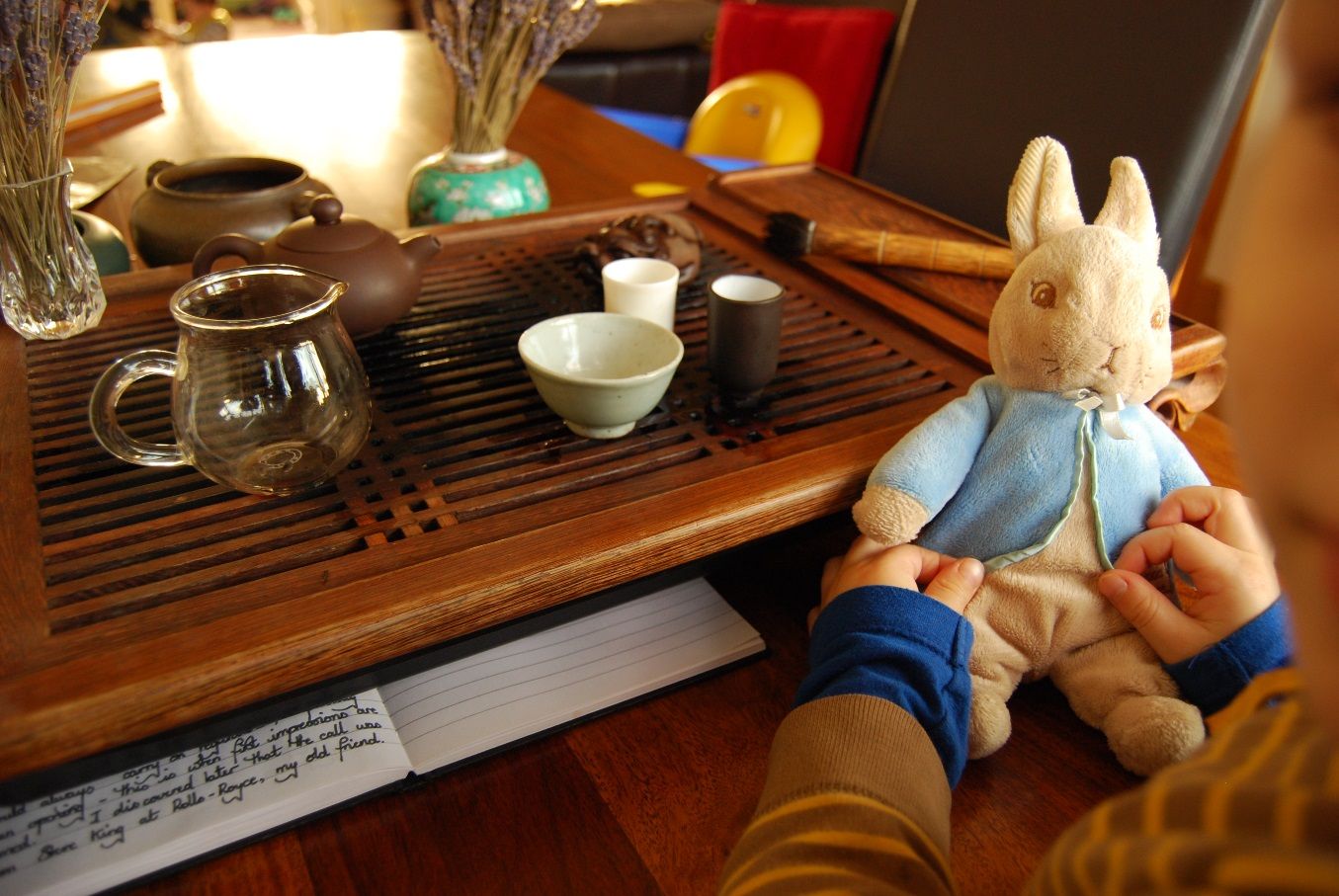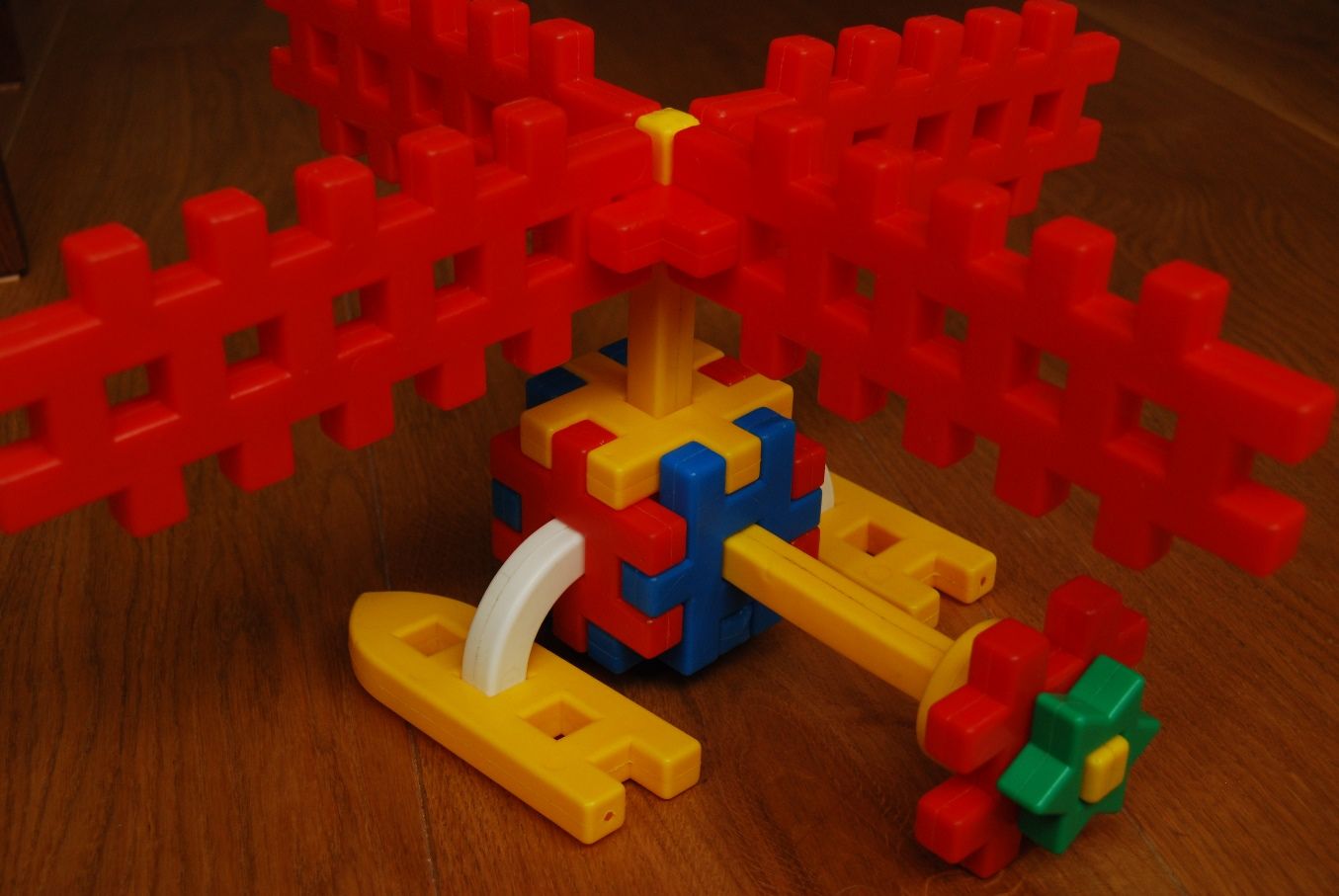One of my favourite things about teapeople, which probably involves you, Gentle Reader, is that they are, without exception, "dudes".
I don't mean that in the American sense that teapeople have XY chromosomes and a collection of dangling, sensitive organs that nature has chosen to place on the outside of the torso; rather, I mean it in the American sense that teapeople are cool like the Fonz. If your average teaperson were a character in Top Gun, they would be Iceman. If they were a Bond film, they would be Casino Royale (2006, not 1967). If they were a Transformer, they would be Soundwave. If they were an East-Coast gangster rapper, they would probably be Raekwon the Chef, or perhaps Ghostface Killer. There can be no doubt that if they were a character in the Star Wars universe, then they would obviously be Boba Fett.
I'm saying that teapeople is Good People.
This is an impression that returns to mind when my bulging letterbox spews forth generous teagifts from the four corners of the globe, although mostly from that corner that includes south-east Asia.
The first of two such gifts is from William of Bannacha, he of ninjitsu and bushido fame. We may recall that he is romantically linked to certain individuals from Jingmaishan, which gives him ample opportunities to cruise the proverbial tea-curbs of Yunnan, looking for the proverbial hot (tea-related) action.
On receiving the above post-card from W of B, my youngest son (now two years old) pointed and said "Mama!" I consoled my dear wife with the fact that Xiaolong had, at least, pointed at the youngest of the three ladies on the postcard, pictured above. I have never seen my dear wife in colourful Yunnan gear, but it's a good look. I can imagine that going down really well on the streets of our tiny little English city.
Along with the postcard, W of B had slipped me a length of "2014 Xiaohusai Yikeshu". It took some serious Googling to unpack the name of this tea: "xiaohusai" is, it seems, in the Xibanshan region of Mengku. (Booyeah! methinks, for I delight most heartily in Mengku teas.) Further Googlation reveals that "yikeshu" means "single tree". I consider myself edumacated after so much a'Googlin.
W of B notes that this is one of his "red" teas, but, even then, it is really good. I kick back and try to avoid my MONOLITHIC OVERBEARING ALLCONSUMING prejudice concerning red pu'ercha, and instead get down to enjoying it. It is fresh, crisp, and very clean - for some reason, I seem to enjoy its delicacy and sweetness. "I am reminded of selections from Essence of Tea", my diary has, which is surely a compliment, given the precision targetting of your average EoT ordnance.
I slam the entire sample into the pot, because, hey, red tea is pretty much impossible to overbrew. The result is as big and as fat as your proverbial mother. It's very good - and I begin to suspect that those trademarked Mengku lovebites are making their mark on my affections.
As if my magic, a laser-guided payload of EoT 2014 "Longlanxu" then arrives on target.
The eldest of my two sons, Xiaohu, seems to have developed a genuine capacity to enjoy (i) his father's pu'ercha, and (ii) his father's real ale by the tiny sip. I am stunned, because I can explicitly recall despising both tea and beer until I was at least a teenager, and then some. Happily stunned, it must be said, because I get to live the dream and kick back at the teatable with my big boy. I laugh as I write this, because I clearly remember being very interested in his opinion of the teas that come past our teatable - he is my independent validation set.
Additional bonus points are scored when Peter Rabbit and his other friends also join us (pictured below).
Even more amusingly, Xiaolong seems to want to join us, these days. I am training a team of hardcore drinkers, it must be said. Do I get to buy them tea for their birthdays? (Currently, it's Octonauts and Lego all the way.)
What did Xiaohu think of the 2014 Longlanxu? I think he dug it.
It is husky and sweet, and EoT tells us that this cake comes from the Bangweishan zone of Lancang County in Simao. If there's anything I like as much as Mengku / Lincang tea, it's Simao tea. They are seriously A1 remarkable about their mixture out there.
Tangy, punchy, eternal on the breath - it has the noticeably tannic sandpaperiness of good grapes for a good white wine. I am baffled how Xiaohu seems to enjoy his (tiny sips of) this tea, but he's sipping happily.
The uncanny part is that he has a slightly distant gaze as if he's actually tasting it. Amazing.
The uncanny part is that he has a slightly distant gaze as if he's actually tasting it. Amazing.
Many teas are made weak by time and fate, and by agrochemicals - but not this one. At £48, this is very good, and I seem to remember that it was the clear winner (by a long shot) when I tried the 2014 EoTs in their maocha form. I like it, and more importantly, Xiaohu likes it.
Breakfast Finished
breakfast finished
it seems that my pockets are
filled with lego






15 comments:
You know you are a father when your pockets are no longer your own. They become Lego repositories. My dear wife has long since called me "Xiaomaolu" [donkey] when we are shopping, because I take on packmule status. Now, it seems, those two young boys with whom she has deemed fit to share parts of her genome have learned the same.
You know you a father when you're are OK with it, too.
The image that makes the haiga is Xiaohu's first ever "Lego" construction that I could recognise, from some years back. He couldn't fit that in my pocket, at least...
Toodlepip,
Hobbes
Thanks for the Essence of Tea recommendation, I've been eyeing that very tea for a while now.
Though they are two of my adult passions, I remember hating beer and tea when I was little as well, though my dad at the time drank nothing but American adjunct lagers and my mom, Good Earth Original Sweet and Spicy (I think it's mostly like chicory root, I remember liking the smell but being really disappointed that it tasted like bitter hot water). Nowadays I've turned my mom onto Yunnan black teas and my dad is an IPA enthusiast. How our tastes change! Sounds like your son is already on the right track though..
.."of bushido fame."
Obviously you mean this in your usual metaphorical/highly entertaining style..but in all seriousness, aside from myself and Emmett of Cha and Kung Fu, I've actually never another person who is an enthusiastic student of both the martial and tea arts. Of budo practitioners in particular (and maybe bushido, as much as it still exists in archaic forms/classical arts, sometimes known as bugei), most seem to prefer alcohol around 900% more than tea. The founder of my style of aikido is a 77 year old Japanese man whom I've seen put back beer after beer until late at night. And occasionally a small cup of green tea. How's that for qi?
Hi Hobbes,
Happy Gung Hay Fat Choy. Wishes of a great year full of excellent teas.
Regards.
Rui
Dear Ian,
Gravitating towards IPA is a fine trajectory indeed - congratulations are in order. :)
Dear Nick,
Isn't it interesting that the stereotype is the reverse of what seems to be your experience in reality? I chuckled at the thought of your aikido luminary chugging the (Asahi?) beers...
Dear Rui,
Xin nian kuai le to you, too!
Toodlepip,
Hobbes
...which reminds me why it is suddenly impossible to get in contact with any of my Chinese collaborators...
“Xiaohusai” … are you sure this isn’t good old Xiaohuzhai?
When I google for Xiaohusai, I see commercial websites put up by
people who seem to speak non-retroflexarian — if that’s a word —
dialects of Chinese: spelling Shuangjiang as “Suangjiang”, I think, is
a giveaway.
Dear Lew,
I suggest that we defer to W of B on this point - I think he gets these leaves himself, from the location. He'll be able to set us straight. :)
Toodlepip,
Hobbes
Hello Hobbes.
Just stumbled upon your blog while delving in numerous other tea sites (most revolving around pu'erh.)
Here I was thinking I was the only lover of both fine teas and ales then I read this blogpost. I'm formerly a beer-geek gone mad but just recently tamed by the beautiful and at times euphoric world of chinese tea.
I'm barely learning how to learn about chinese tea, but I must say the connection I feel to it may have already surpassed that of which I felt towards vintage lambic and new age (think Hill Farmstead) Saisons.
It'll be a pleasure to sort through this amazing and informative blog-site that I'm sure will prove invaluable in my search for fine (and affordable) pu'erh.
My thanks and regards,
Marc
Dear Marc,
Thank you for the post, and welcome! The worlds of real ale and tea are very close, spiritually and physically. Also, they are almost perfect in terms of diurnal rhythm: you can't drink tea in the evening; you can't drink beer in the morning. They complement perfectly, like yin and yang. :)
Toodlepip,
Hobbes
Re Xiaohusai, I was wrong: not only is there a Xiaohusai, there's a Dahusai, too. See this excellent source.
Lew, you continue to rule.
With copious uberthanks,
Hobbes
Hobbes,
Your posts are a joy to read. I also agree that beer and tea are two sides of the same coin. My recent success in gathering friends for tea (pu'er) has taught me the many similarities between these two beverages/elixirs.
On a different note, I'm still a novice around pu'er storage, but I find that despite modern indoor heating the cold, dry winters here in the northeastern U.S. have a strange muting affect on the flavors my young shengs. Do you find any differences when tasting raw pu'er during winter vs summer months? I'm a new customer of EoT and I've included a sample of the LongLanXu in my last order. I'm hoping I'll be able to judge the tea for myself despite these environmental factors before I purchase a whole cake.
In your earlier (2013?) post on EoT's Qishenggu you highlighted it's high floral qualities and their impermanence. What are your thoughts on the aging potential of that tea?
And again, many thanks for the fun posts!
Theo
Dear Theo,
That's very interesting - I have, somewhere (!), written about a similar effect concerning winter vs. summer tasting. It might just be me and thee, but it is reasonably consistent: everything I have is more alive in summertime, teawise. Perhaps we shouldn't be surprised, but it is interesting.
I'm afraid that I cannot recall the Qishenggu at the moment, but have a recollection that I may have tried a sample of it within the last six months. I remember it neither as being spectacular nor dreadful, which is probably unhelpful. :)
Toodlepip,
Hobbes
Just to refresh your memory, I'm looking at your first mention of EoT's 2012 Qishenggu where you said it "was a very solid tea." You said it had "plentifully enjoyable floral notes at the outset, but these..are usually the first characteristic to be lost in the aging process." Based on the photo, it seems you've purchased a cake. I suppose this tea is best to consume in the short term?
To age teas is still a mystery to me. Yiwu teas seem to also fit this tea's profile of floral and acidic, yet they are known to age well. Are there any particular qualities to look out for when tasting these kinds of more gentle teas?
Post a Comment